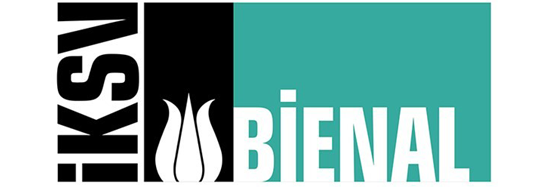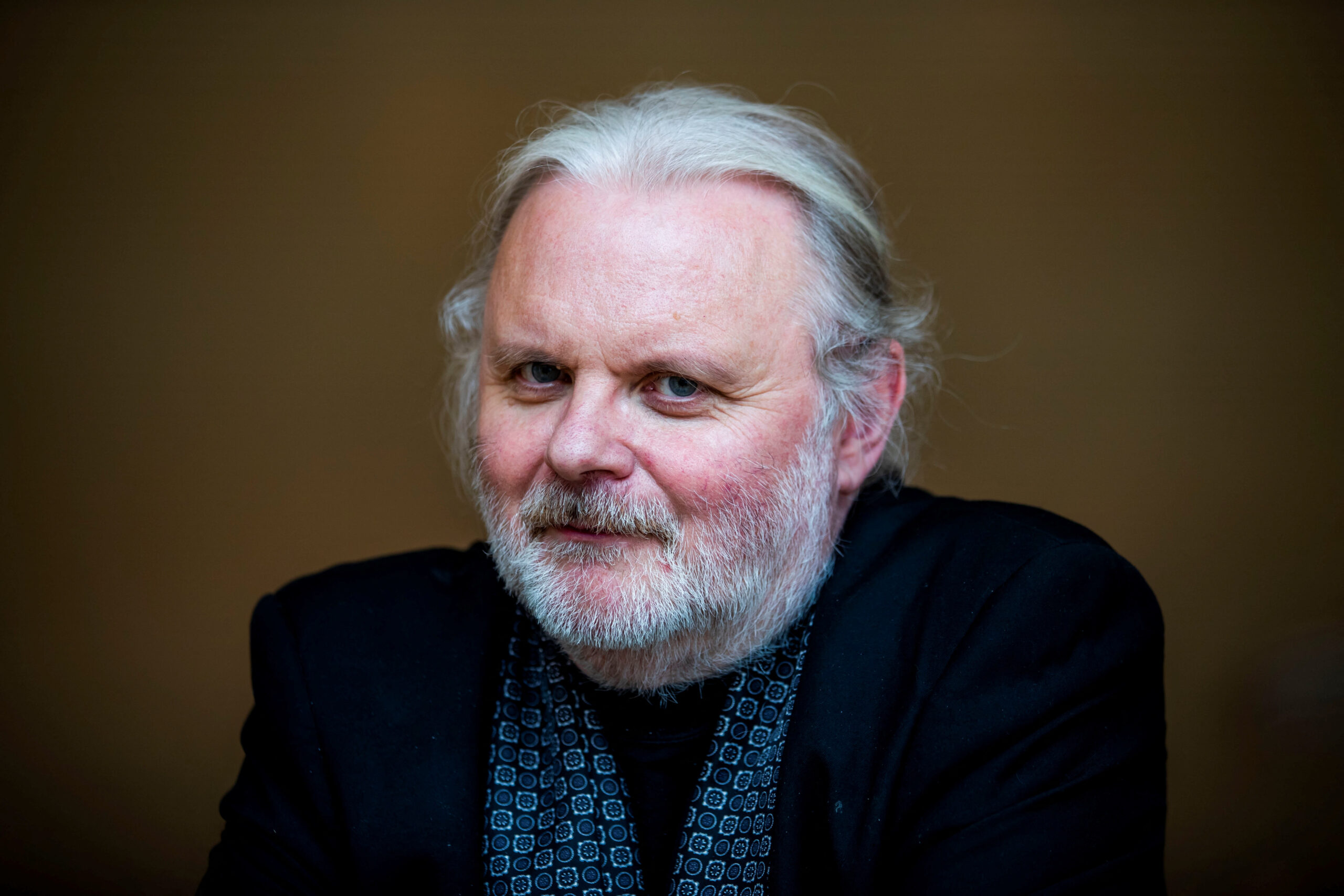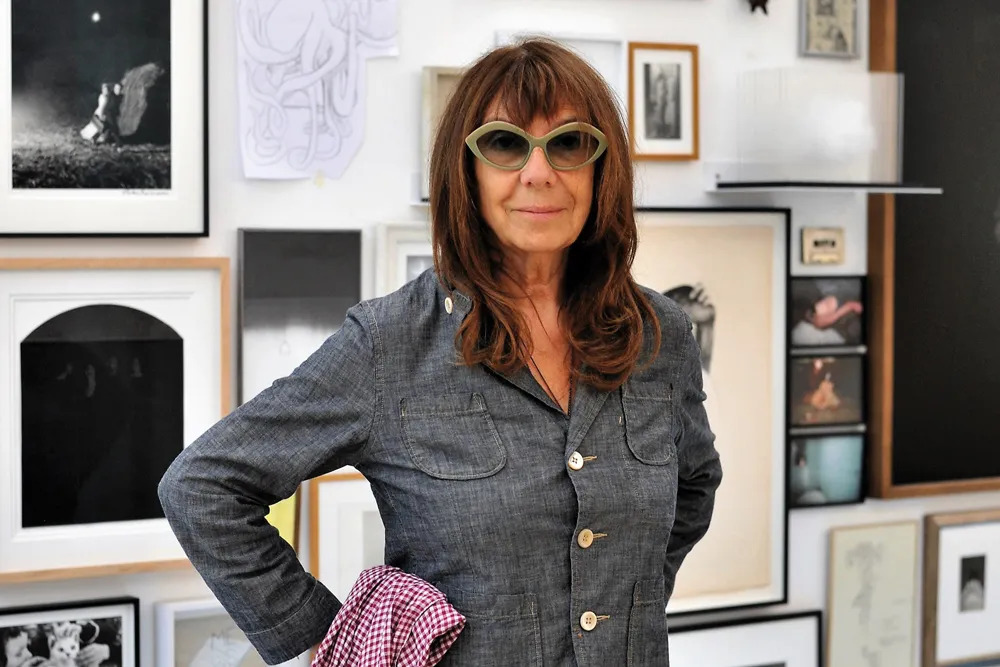Artists have raised their voices by signing an open letter to The Istanbul Foundation for Culture and Arts (IKSV), calling the institution to have better and more transparent biennials.
The letter suggests that:
‘‘The Istanbul Foundation for Culture and Arts (İKSV) is experiencing a crisis. The recent events surrounding the selection of the curator of the 18th Istanbul Biennial (see The Art Newspaper, ArtReview, Monopol, and Argonotlar, among others) have shown that İKSV has failed to maintain a transparent, accountable, ethical, and inclusive practice. This impacts Turkey’s field of culture as İKSV remains one of the country’s oldest and most influential cultural institutions.’’
The rest of the letter continues as;
‘We call on İKSV to adopt legitimate and transparent practices. The Biennial has yet to address the following topics and criticism: Who is the decision-maker at the Istanbul Biennial? What are the criteria and ethical guidelines for the selection process of curators? If the Istanbul Biennial Advisory Board does not have de facto authority as declared by the institution, why have some of the members of the Advisory Board resigned after the selection process that resulted in the appointment of one of the serving Advisory Board members? Why has the public not been informed of how the curator selection took place?
We urge İKSV to implement practices of accountability regarding its organization of the Istanbul Biennial and other cultural events. As a private foundation in public service, İKSV has a public mandate and responsibility. We believe that the fulfilment of a cultural organization’s public mandate comes from its dialogue with its artists, audiences, and constituents. We invite İKSV to fulfil its obligations by adopting better accountability and responsiveness based on merit, fairness, and honesty.
We, the undersigned participants of the previous Istanbul Biennials and members of the arts community, call on İKSV to respond to the recent criticisms and take the necessary steps in light of its public mandate.’
Artists from all over the world, who have attended and shown artworks in the previous biennials, such as Vahap Avşar, Avi Mograbi, Aslı Çavuşoğlu, Burak Arıkan, Bilal Yılmaz, Burak Delier, Daniel Bozhkov, Hale Tenger, İz Öztat, Pilvi Takala, have signed the open letter.
On the other hand, after the open letter was shared, the Istanbul Biennial published a statement on its social media account and shared the recent changes they made in the Advisory Board regulation:
‘As the Istanbul Foundation for Culture and Arts (İKSV), we always pay close attention to opinions and commentary in the culture and art world about our activities. In this spirit, we have carefully assessed recent criticism of how we selected the curator of the 18th Istanbul Biennial.
Over the years, we have continuously sought to improve our procedure for selecting the biennial curator and made many adjustments to this process. That said, curator candidates have always been evaluated solely on the basis of their artistic vision for the Istanbul Biennial, their proposed approach to the biennial, and the compatibility of their approach with İKSV management’s expectations. To further improve the transparency and impartiality of the curatorial selection, we have made the following changes to the regulations of the Istanbul Biennial Advisory Board:
Starting with the 2026 Istanbul Biennial, İKSV management will only be able to invite a curator from among the three candidates proposed by the Istanbul Biennial Advisory Board. If none of the proposed curators offer an approach aligned with the Foundation’s vision, İKSV management can ask the Advisory Board to reconvene and propose different candidates. An additional change to the regulation prohibits Istanbul Biennial Advisory Board members from being invited for curatorial posts during their term of office. Even if they resign from the board, they cannot be considered as candidates for the biennial in question.
All biennial curators thus far have made significant contributions to the development of the Istanbul Biennial. We are confident that these changes will have a positive impact in the long term and that, together, we will ensure a radiant future for our biennial.
Since 1973, İKSV has relied on artists, audiences, supporters and colleagues to sustain its vision as a non-profit cultural institution working in the public interest. This diverse collaboration powers our Foundation and enables it to organise the most comprehensive international culture and arts events in Istanbul. We would like to take this opportunity to convey our sincere gratitude to everyone who has contributed to the development of culture and arts in Türkiye, nurtured public debates in this field, and supported our efforts through their unwavering interest in our events.
Preparations for the 18th Istanbul Biennial, to take place in 2024, continue as planned. In the months ahead, we will share with the public the conceptual framework of this biennial, its participants, and the new members of the Advisory Board.’
The IKSV General Director Görgün Taner also shared the statement on his social media.
What happened before?
The controversy arose when Turkish curators raised doubts about the selection of Iwona Blazwick as the curator for the upcoming Istanbul Biennial. They were puzzled about the criteria for her selection, considering she was already a member of the biennial’s advisory board.
Some said it was initially unclear if Ms. Blazwick had appointed herself, but according to IKSV, she later stepped down from the panel. Recently, an article by Christina Ruiz on Artnewspaper.com has shed light on the selection process for the Istanbul Arts and Culture Foundation (IKSV) curator. Defne Ayas was unanimously selected to organize the next edition of the Istanbul Biennial but was ultimately rejected by the foundation responsible for the exhibition.
In January, the Istanbul Biennial advisory board met to review four curators who were shortlisted. One of the candidates was Defne Ayas, a well-known curator who has organized exhibitions such as the Gwangju Biennial in South Korea in 2021 with Natasha Ginwala, the Moscow Biennale in Russia in 2015, and the Baltic Triennial in Lithuania in 2012. Ayas was the preferred choice for most of the advisory panel, which included Selen Ansen, a curator based in Istanbul and curator at Arter Contemporary Art space in Istanbul, Agustín Pérez Rubio, an independent curator based in Spain, Iwona Blazwick, and Yuko Hasegawa, the director of the 21st Century Museum of Contemporary Art, Kanazawa, as well as Turkish-Armenian artist Sarkis, who resides in Paris. However, IKSV decided to work with Iwona Blazwick instead, leading to the resignation of three advisory panel members.
The rest of the news article:
Istanbul Biennial’s Controversial Advisory Panels and Puzzled Art Scene







